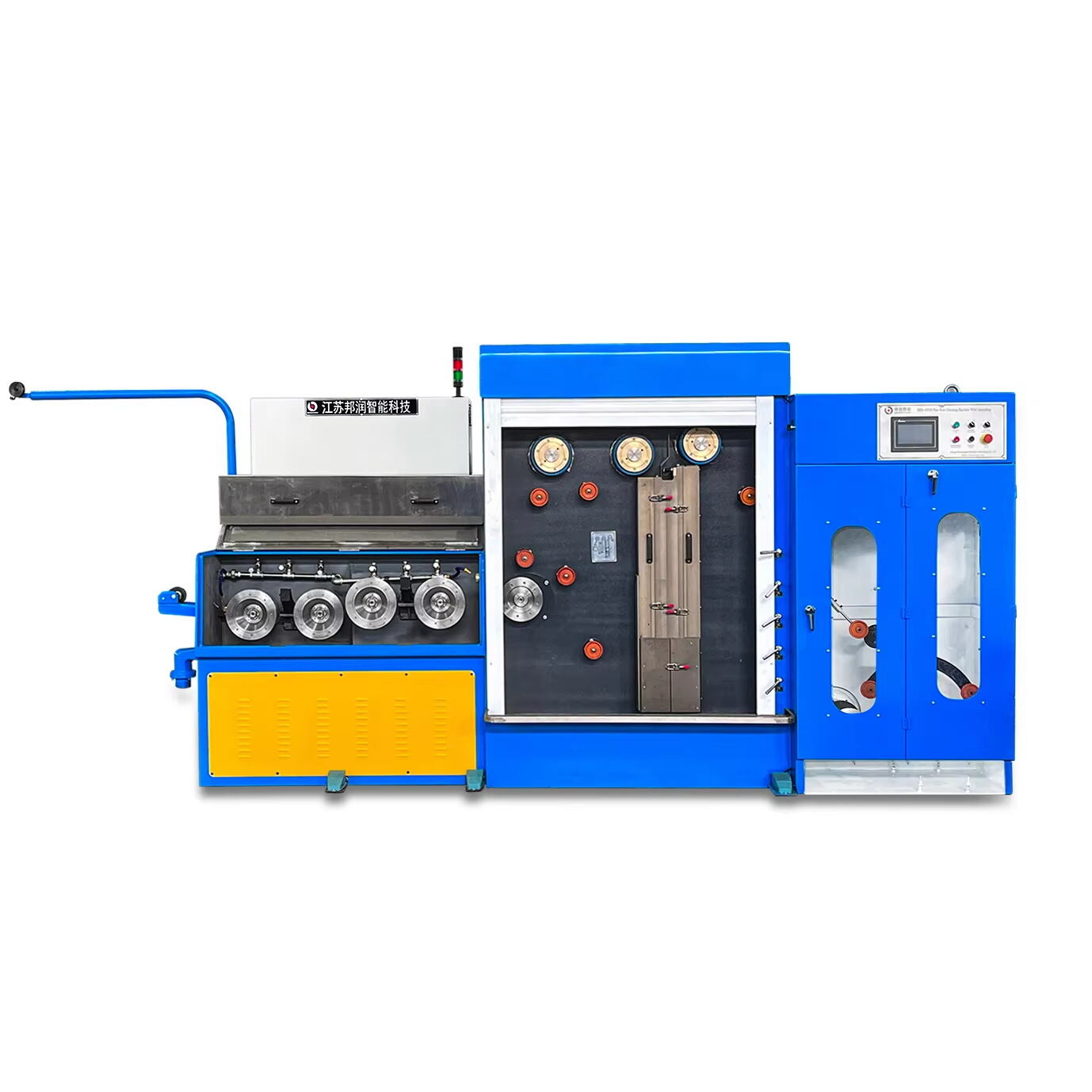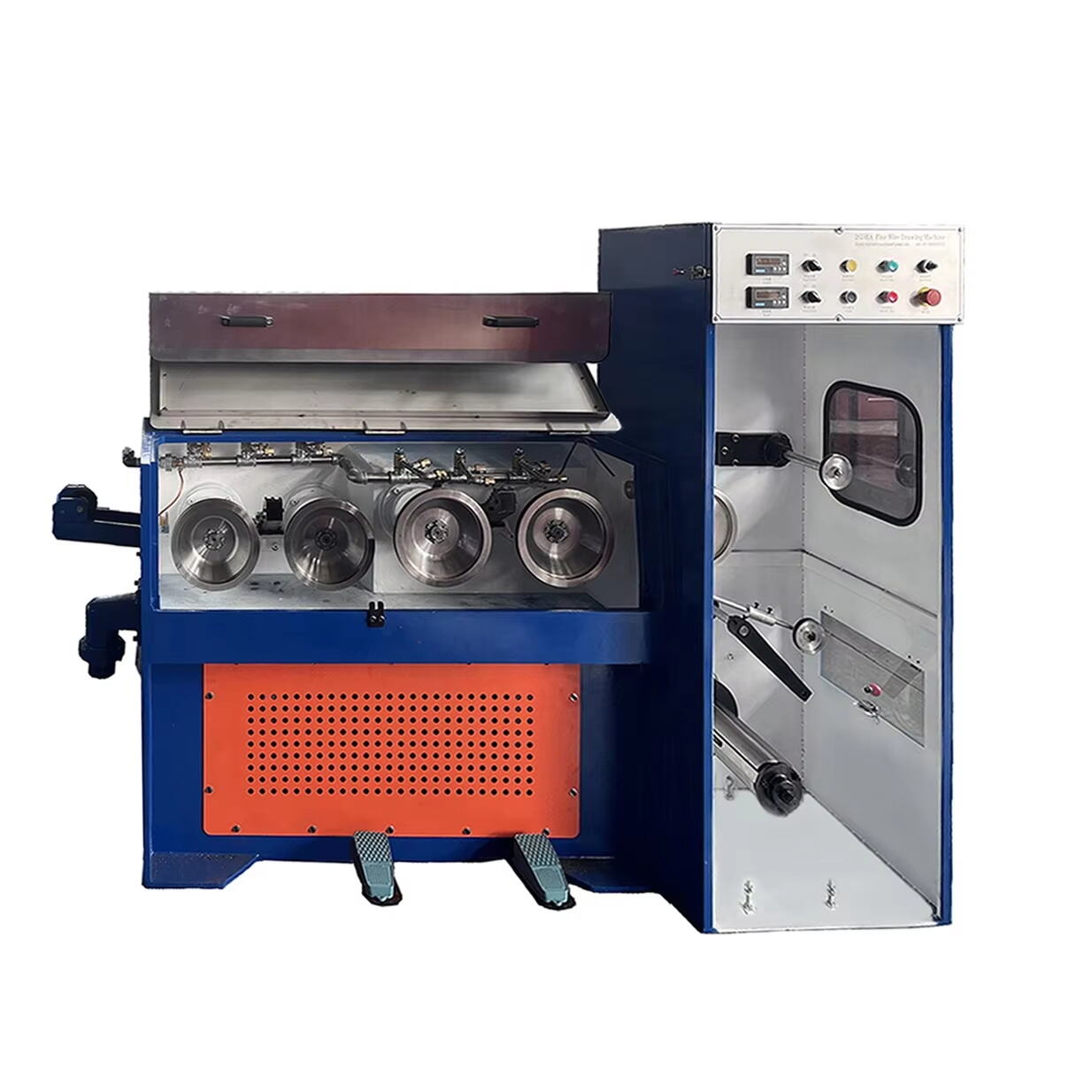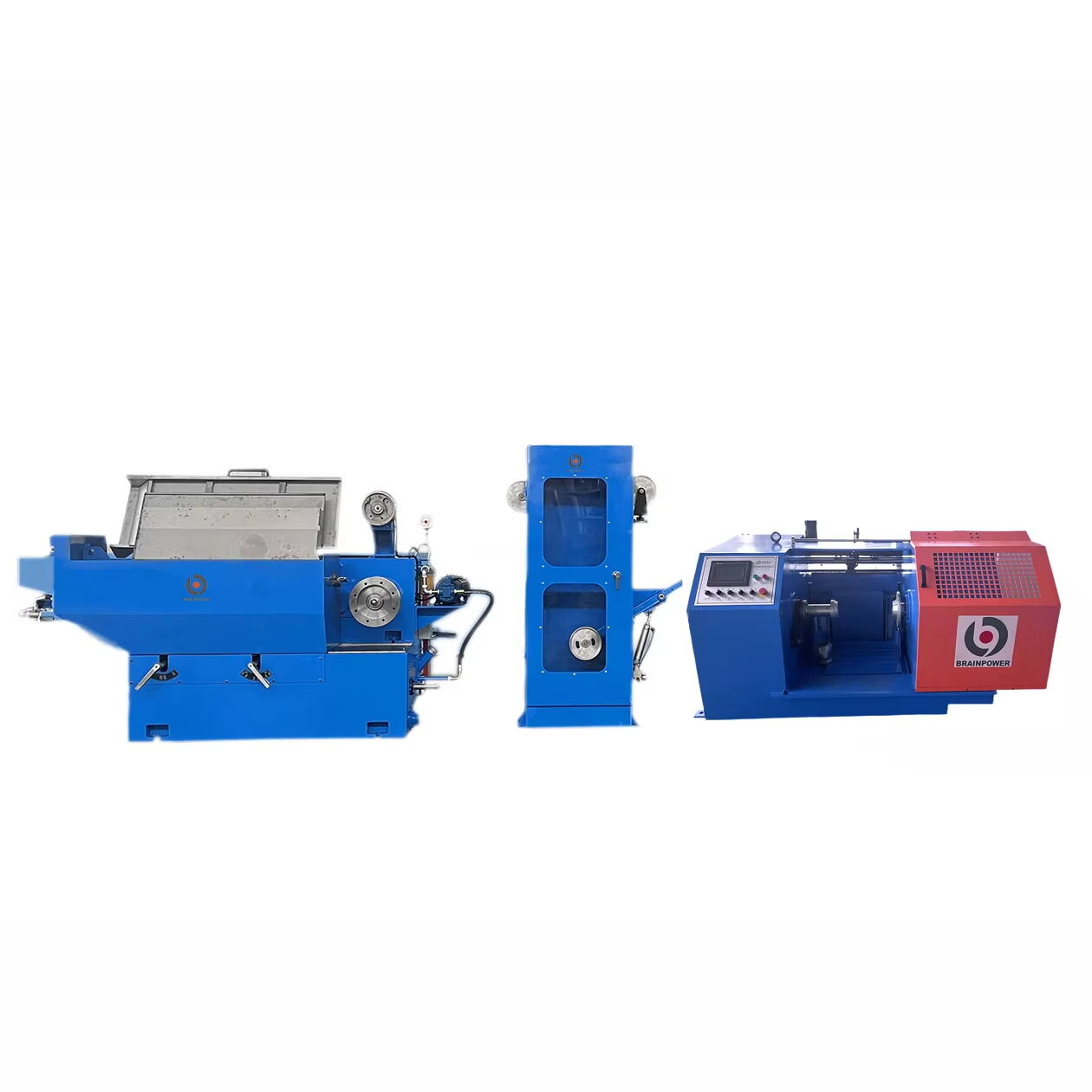harga mesin penukar kabel
Harga mesin pemejam kabel mewakili pertimbangan penting bagi pengeluar dalam industri wayar dan kabel. Mesin-mesin canggih ini, yang tersedia dalam pelbagai julat harga dari $50,000 hingga $500,000, menawarkan keupayaan asas untuk pengeluaran kabel moden. Struktur harga biasanya mencerminkan kapasiti pengeluaran mesin, ciri-ciri teknologi, dan kualiti bina secara keseluruhan. Model peringkat permulaan, walaupun lebih terjangkau, menyediakan keupayaan pemecutan asas yang sesuai untuk operasi yang lebih kecil. Pilihan peringkat sederhana menggabungkan ciri-ciri lanjutan seperti sistem kawalan suhu tepat, getaran laju pemboleh ubah, dan keupayaan automatik diperbaiki. Model premium pada harga yang lebih tinggi memberikan kadar keluaran yang lebih baik, ketepatan luar biasa dalam taburan bahan, dan antara muka kawalan digital komprehensif. Harga juga termasuk komponen tambahan seperti sistem penyejukan, unit pengambilan, dan mekanisme kawalan kualiti. Pengeluar mestilah mempertimbangkan keperluan pengeluaran spesifik mereka, termasuk kapasiti output diingini, keserasian bahan, dan tahap ketepatan yang diperlukan, apabila menilai pelbagai titik harga. Pelaburan ini juga merangkumi kos pemasangan, latihan pengendali, dan keperluan penyelenggaraan berterusan, menjadikannya penting untuk mempertimbangkan jumlah kos kepemilikan berbanding hanya harga pembelian awal.




